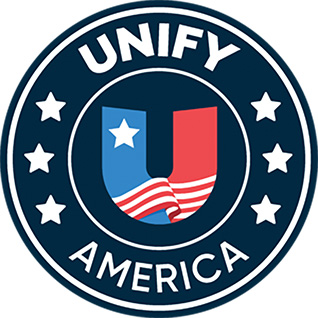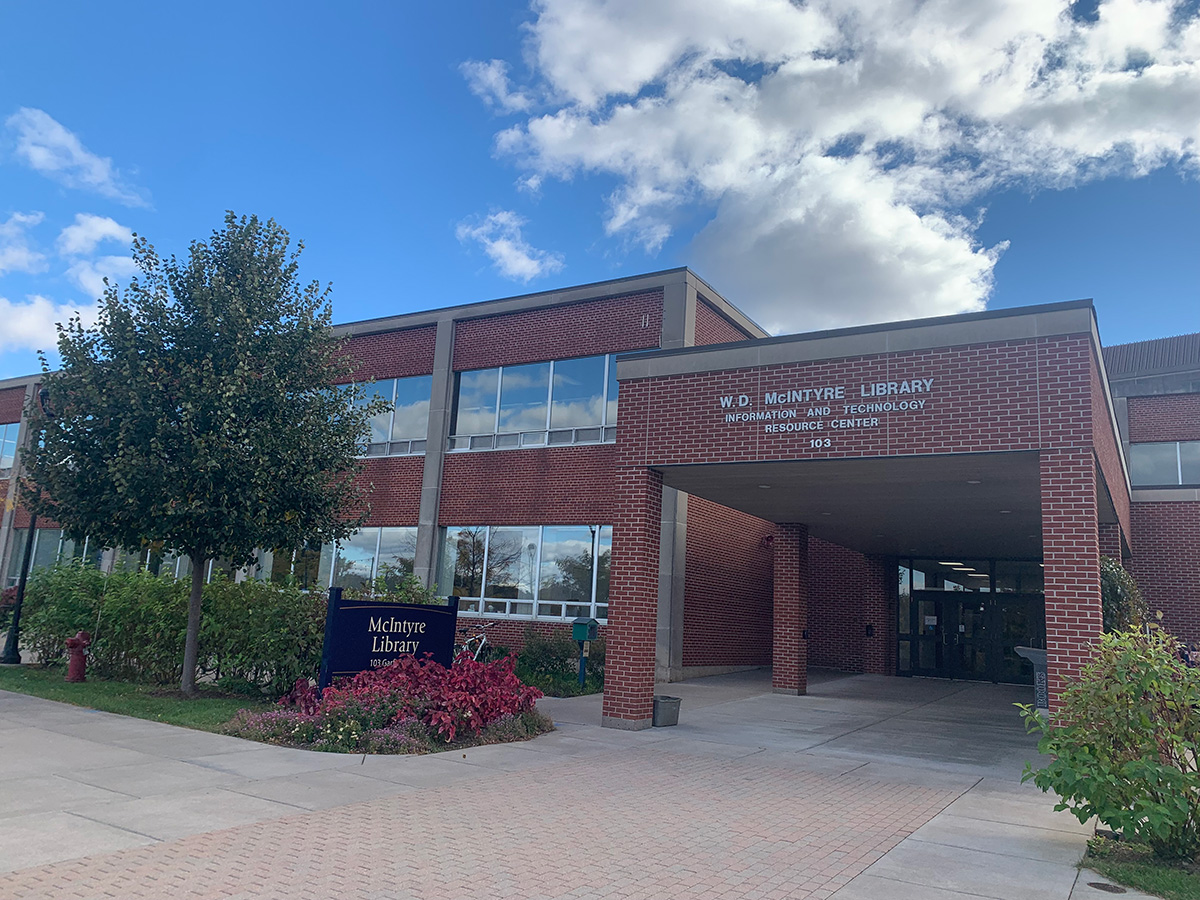 Kathlyn Hotynski
Kathlyn HotynskiWhen Geoff Peterson came to UW-Eau Claire in 2000, he said he was determined to help students understand political processes through student-faculty collaborative research that was never offered to him as a college student.
Now, seven years after arriving in Eau Claire, Peterson’s work has paid off after he was elected as a councilor in the social science division for the Council of Undergrad Research, a national organization that supports and promotes high-quality student-faculty collaborative research.
Peterson, a political science and American Indian studies professor, said he was pleased with the announcement, adding that after attending a conference in July, other colleges were stunned at the effort and time Eau Claire invests in collaborative research.
“I like to think that our ability to do this and to do it well really does set us apart,” he said. “With my experiences, most students really enjoy it and learn something from it.”
Peterson, the first social scientist to serve on the council from the university, will serve a three-year term and joins Paula Kleintjes-Neff, chair of the biology department, who is currently a CUR councilor in the biology division.
Senior Stephen Hilger, who has taken courses such as “Media in Politics” and “Intro to Political Analysis” with Peterson, said Peterson is well-liked within his department and has helped him get going on some of his own research.
Hilger described Peterson as a professor who is very well-connected with his students.
“(He’s) pretty aware of what’s going on in college students’ lives and that reflects being aware of deadlines,” he said. “Daily, (his) classroom always starts out with something fun or funny – something relevant with the news that we’re talking about.”
Peterson said that as the department’s election specialist, he is often sought as an expert during election season, which includes local television interviews.
“Every time there’s an election, my phone is off the hook and then it’s quiet for 18 months,” he said with a laugh.
Peterson’s current collaborative research projects include Muslim-American political opinion post-Sept. 11 and another on American Indian voting. He said he also has a third approved for this summer and normally has two or three studies going on, which keep him busy.
He said the most rewarding part of collaborative research is seeing his students become successful after they graduate.
“I can think of about a dozen of my students in the last five years now in law school or graduate school,” he said. “The success they have is very gratifying. It’s very fulfilling to have played some success in that.”






